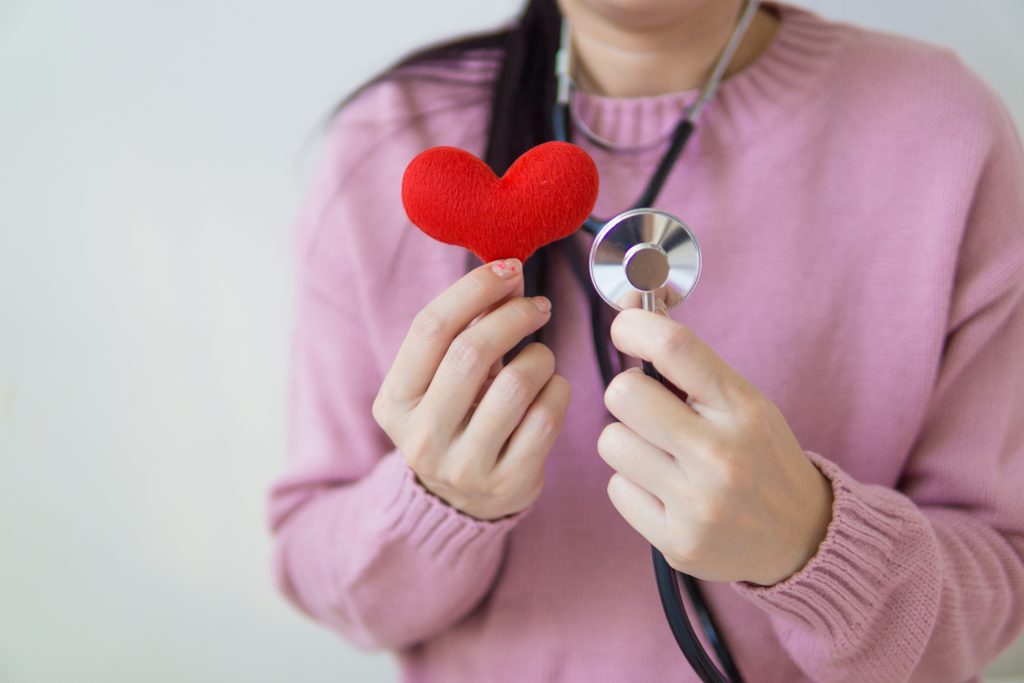Chances are you’ve heard of the human papillomavirus (HPV), and probably understand that it is a sexually-transmitted disease with links to cervical cancer. But it’s more than that. According to the CDC, one “can get HPV by having vaginal, anal, or oral sex with someone who has the virus.” Equally as important, however, “it also spreads through close skin-to-skin touching during sex. A person with HPV can pass the infection to someone even when they have no signs or symptoms.”
This is the reason that the CDC is currently recommending that pre-teens, both girls and boys, from age 11 get the vaccine – because males can be silent carriers. Sexually-active adults up to the age of 26 are also recommended to get the vaccine.
Interestingly, the vaccine is not generally recommended for those beyond 26, though it is possible to discuss getting the vaccination with your healthcare provider if you are between the ages of 27 and 45. You might want to consider this as HPV is contractable, even if you’ve been with the same partner over a period of time. Reading from the CDC website, “You also can develop symptoms years after having sex with someone who has the infection. This makes it hard to know when you first got it.”
In nine out of 10 cases, HPV usually goes away on its own within two years, and without causing any health problems. But when it doesn’t go away, it can lead to genital warts and worse, cancer. HPV has been linked to not only cervical cancer but also cancers of the vulva, vagina, penis, or anus. It can also cause cancer in the back of the throat.

I knew someone who was diagnosed with HPV. She was married to her spouse for almost a decade before she found out. When she brought the news home, it led to a lot of confusion and hurt until the doctor assured them that it was nobody’s fault and from a medical standpoint, there was no evidence to suggest a third party had been involved. She ended up needing a minor surgery after they found a small mass in her cervix during a PAP smear, which she was required to get every six months following the positive HPV diagnosis. After it was removed, the PAP smear showed that that the HPV had cleared. That close shave with cancer has led her to advocate for greater awareness of HPV and its prevention.
Now that you have a clearer picture of HPV and what it can do, you might consider getting the vaccine for your daughters here. The HPV vaccine has been widely available in many countries and it is now available in China as well. Several major hospitals including Beijing United Family, Raffles Hospital, and Oasis are offering the Ceravix, Gardasil, and Gardasil-9 vaccines in limited quantities, so do call to reserve them soon.
KEEP READING: Alessia Chizzoniti Believes That “A Healthy Society Starts With Healthy Mothers”
Images: Pexels




